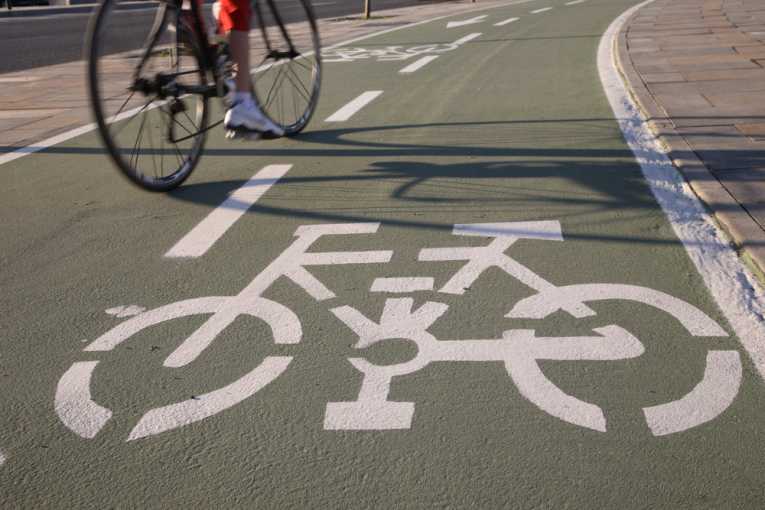A research study has just been published in Environmental Health, a scientific journal, about the health benefits of cutting out short car trips. It stated that the biggest benefit to health came from replacing 50% of short car trips with bicycle trips instead during the six warmest months of the year. It is estimated that this would save $3.8 billion per year in health care costs for conditions associated with a lack of exercise such as heart disease and obesity.
Due to less cars on the road and less pollution it is also estimated that $7 billion would be saved from improved air quality and a better level of physical fitness which would also equate to 1,100 lives also being saved.
The study looked at changing car trips of five miles or less to a bike trip. Jonathan Patz, director of the Global Health Institute at the University of Wisconsin-Madison. "We talk about the cost of changing energy systems, the cost of alternative fuels, but we seldom talk about this kind of benefit," he says.
It is believed that the small change from car to bike for short journeys could have a dramatic impact on the air quality because 8.2& of Americas suffer from asthma which is often tied to the fine particles caused from pollution that lodge themselves inside the lung. This can lead to further diseases and deaths that would potentially be avoided with an increase in air quality
"The reductions tend to be much larger during high pollution episodes, and even small changes reduce a chronic exposure that affects the 31.3 million people living throughout the region - not just in these metropolitan areas, but even hundreds of miles downwind," Spak says. The projections generated from the study predict that there would be 433 lives that would be saved due to the reduction in fine particles in the air.
The study also concentrated on the general health benefits of the additional physical exercise caused by using a bike rather than a car on short trips. Maggie Grabow, a Ph.D. candidate at UW-Madison's Nelson Institute said, "Obesity has become a national epidemic, and not getting exercise has lot to do with that," she continued, "the majority of Americans do not get the recommended minimum level of exercise," says Grabow. "In a busy daily schedule, if that exercise can automatically occur while commuting to work, we anticipate a major benefit in stemming the obesity epidemic, and consequently a significant reduction in type II diabetes, which is a deadly epidemic in its own right."
Patz believes that the study may actually underestimate all the benefits of swapping short car journeys for bike rides because it did not take into account the additional financial savings from using less fuel which could potentially be huge. Patz, however, did also acknowledge that it was unrealistic to believe that everyone would make this swap from car trips to bike trips but did note that the biking is rapidly gaining popularity in the USA as well as in Europe.
The study, Patz says, should be used as a form of motivation to make the swap and to make it easier he believes that big cities should help to make everything more bike friendly. He cites examples as bike racks on buses and trains, more bike lanes and separate bike paths as well as better facilities for parking and securing bikes. He says, "Part of this is a call for making our biking infrastructure safer. If there are so many health benefits out there, we ought to try to redesign our cities to achieve them without putting new riders at risk,"
His final words are on the positive impact that this would have upon the climate, "Transportation accounts for one-third of greenhouse gas emissions, so if we can swap bikes for cars, we gain in fitness, local air quality, a reduction in greenhouse gases, and the personal economic benefits of biking rather than driving. It's a four-way win," he adds.
href="https://earthtimes.org/environment/air-pollution/index.html">Air Pollution









